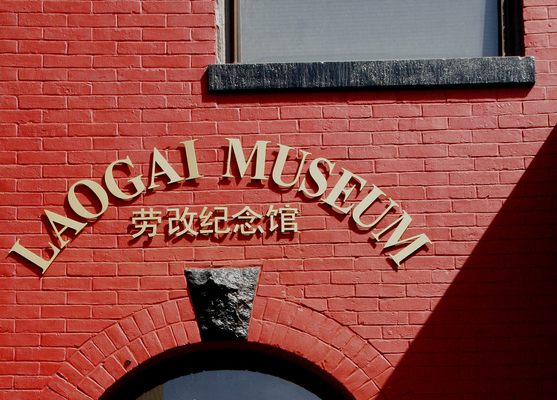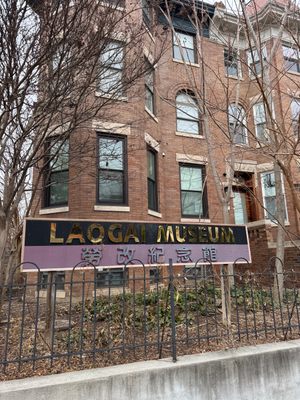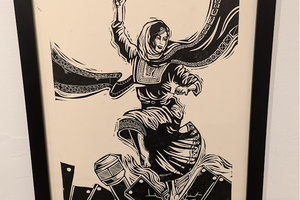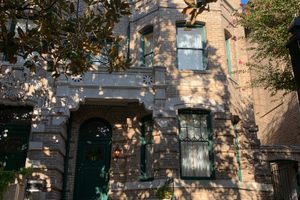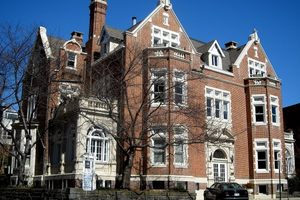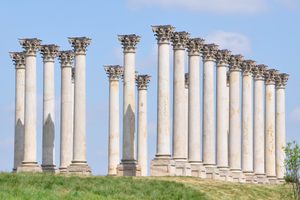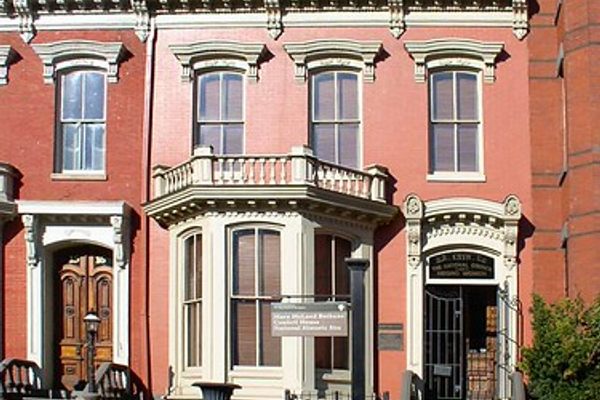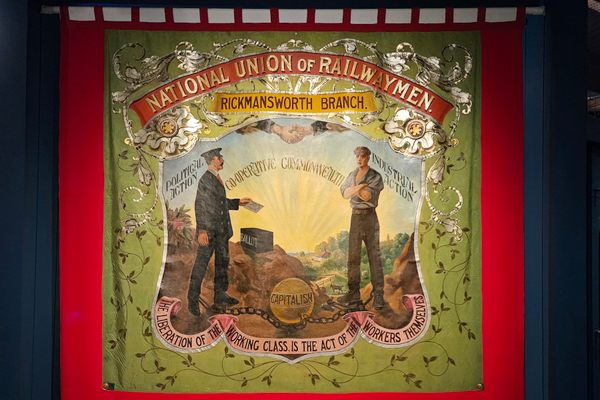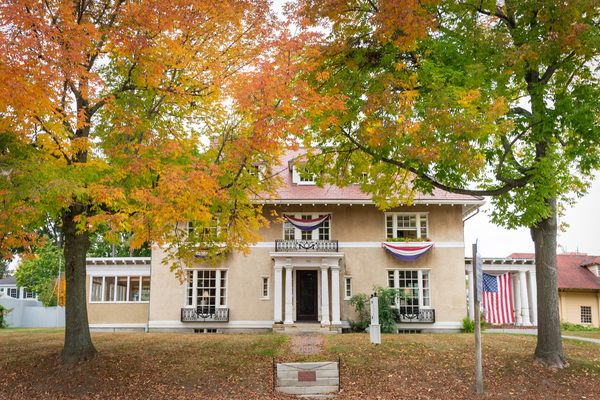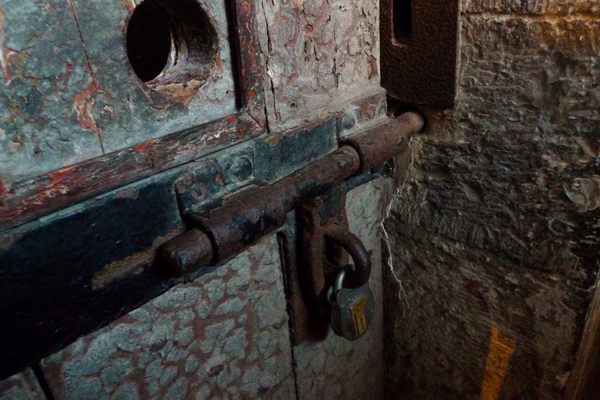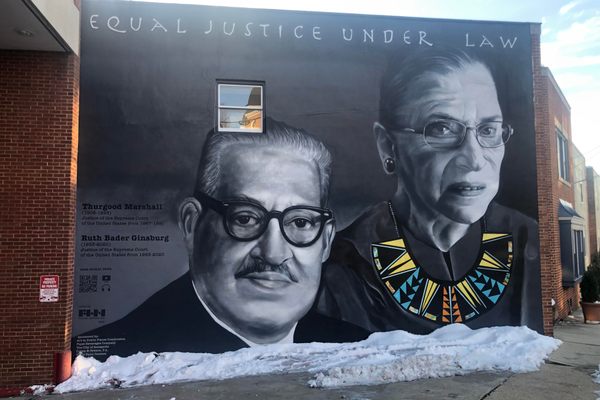About
Just south of the Adams Morgan neighborhood in Washington, D.C., is a museum that tackles one of the most troubling human rights issues of our time. Láodòng Gǎizào, or Laogai, which means "reform through labor," is the criminal justice system that involves forced labor and prison farms.
In China, the Laogai is an extensive network of factories and farms where prisoners are forced to produce consumer goods and products. Many of the prisoners who end up in this system are punished for their political views or religious beliefs.
Chinese dissident Harry Wu, who spent 19 years in a dozen different Laogai camps from 1960 to 1979, immigrated to the United States in 1985 and founded to Laogai Research Foundation in 1992.
Wu conducted undercover research on the Laogai, including the export of forced labor products to the U.S. and the organ trade centered around harvested organs from executed Laogai prisoners. He was arrested at the Chinese border for stealing state secrets in 1995 and narrowly escaped another long prison term after an upwelling of international support, including U.S. political figures, secured his release.
In 2008, Wu opened the Laogai Museum to highlight the abuse and mistreatment of prisoners in the Laogai system, to raise awareness through education, and to expand the foundation's efforts to fund and provide for legal and humanitarian support to Chinese dissidents detained in the Laogai system.
In addition to the physical museum, the Laogai Research Foundation hosts a virtual museum that features numerous videos and accounts of the terrible conditions under which prisoners in these camps live, including barbaric methods of torture that are officially "banned" but evidently still ongoing.
Some of the visuals and texts displayed in the museum are very graphic, but they accurately depict the nightmares of the Laogai system.
Related Tags
Published
December 29, 2021

